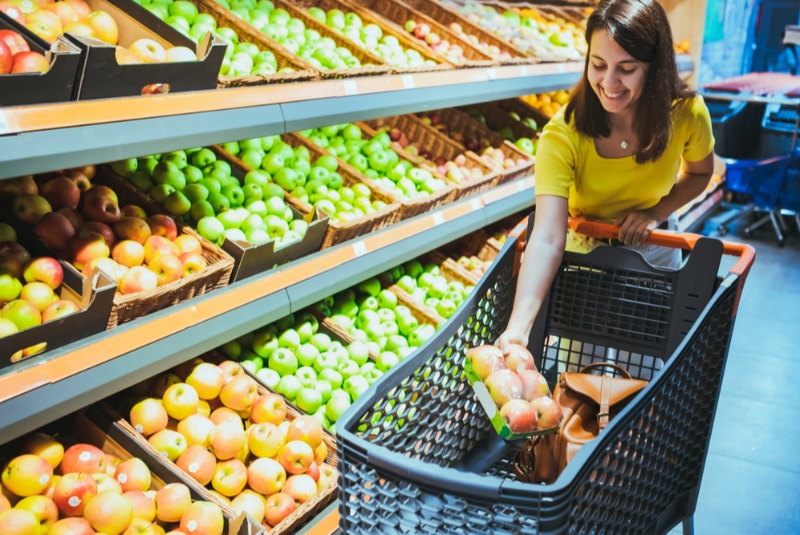In today's fast-paced world, controlling household expenses is as important as earning income. Among the many necessities, groceries account for a significant portion of our monthly expenditure. However, with a little bit of planning, effort, and ingenuity, you can considerably reduce this cost. Here are ten crucial tips to help you save on your grocery bills:
- Plan Your Meals: Start your week with a clear meal plan. Knowing exactly what you're going to cook each day will help you avoid buying unnecessary items. This step is vital in reducing waste and preventing impulse buys.
- Shop with a List: It's easy to fall into the trap of buying attractive but unnecessary items. Keep a strict shopping list and stick to it. You'll find that you can bypass the unneeded purchases that usually sneak into your cart.
- Buy in Bulk, but Be Wise: Bulk buying can save you a significant amount, but it can also lead to waste if you purchase perishable items that you can't consume in time. Items like rice, pasta, canned goods, and frozen foods are excellent for bulk buying.
- Utilize Coupons and Discounts: Be a savvy shopper and take advantage of deals, coupons, and discounts. Apps and websites of popular supermarkets often provide exclusive deals that can help you save significantly.
- Choose Seasonal Produce: Fruits and vegetables that are in season are often cheaper and fresher than those that aren't. You can plan your meals around these items to save costs and enjoy better-tasting food.

Shutterstock ADVERTISEMENT - Opt for Store Brands: Big-name brands often come with a heftier price tag. Store brands usually offer the same quality at a lower price, and they might be worth considering for certain products.
- Cook More, Eat Out Less: Not only is cooking at home healthier, but it's also more economical. Preparing your meals allows you to control the cost and quality of ingredients.
- Limit Convenience Foods: Pre-packaged meals and snacks are tempting, especially when you're short on time. But, these are often marked up significantly. By opting for whole foods and cooking from scratch, you'll save money and eat healthier.
- Reduce Food Waste: Make the most of your groceries by utilizing leftovers and freezing excess food for later use. This way, you can save money and reduce your environmental impact at the same time.
- Compare Prices: Different stores have different prices for the same items. Use comparison apps to find the best deals in your area. Also, consider shopping at discount grocery stores for staple items.
Following these tips doesn't mean depriving yourself or your family. On the contrary, it's about shopping smarter and being resourceful. By taking these steps, you can enjoy a variety of healthy meals and save money on your grocery bill. Plus, these habits also promote a more sustainable and waste-free lifestyle. So, next time you're about to dash to the grocery store, pause, plan, and prepare. Your wallet (and the environment) will thank you.




